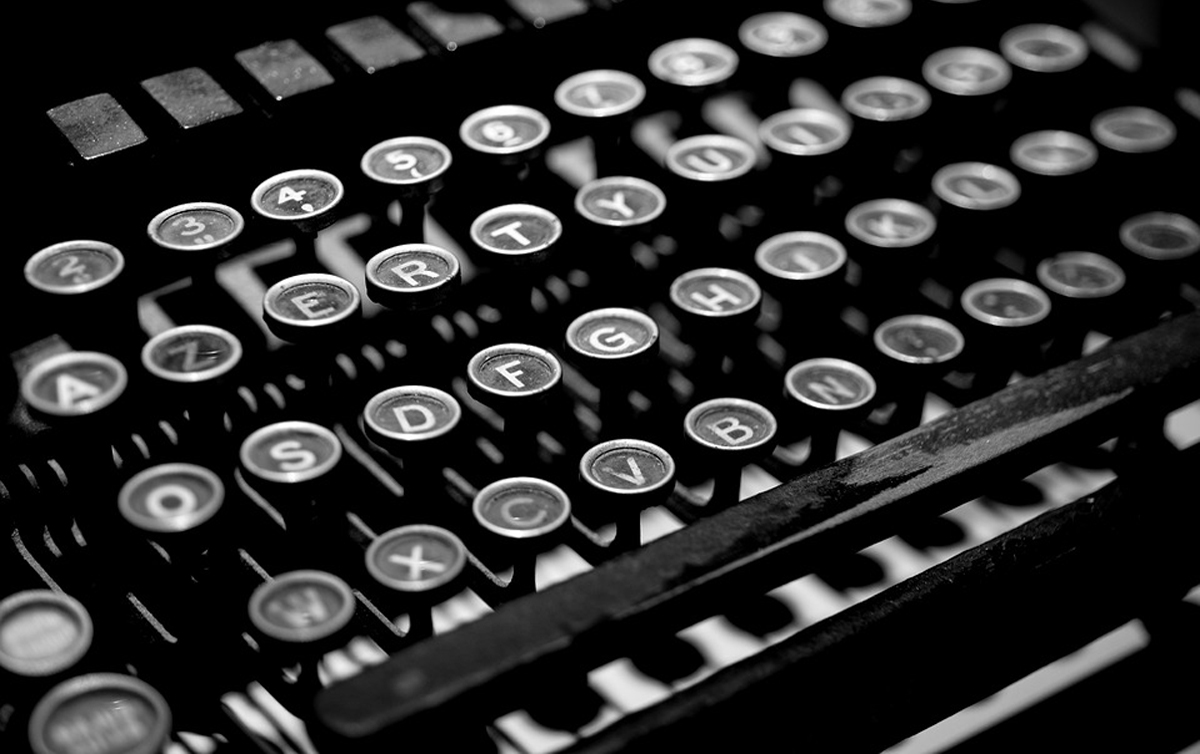
Forget about those split infinitives: editors can have heavy moral responsibilities
What if the publication of research could be dangerous?
Cast study 1: A recent Danish study found that antibiotics could be useful for treating the symptoms of a widespread chronic disease. But publishing the study was difficult. At least one reviewer noted that the study could lead to an increased use of antibiotics and thus ultimately adding to the problem of microbial multi-resistance.
Case study 2: The BMJ recently published an article suggesting that side-effects of statins may outweigh health benefits in patients at low and intermediate risk of cardiovascular disease. The article sparked intense debate, even in the mass media. As a result it is estimated that as many as 200, 000 people in the UK have stopped taking statins, potentially leading to 2000 cardiovascular events.
Should the results of the research have been published?
An article in the Journal of Medical Ethics argues that the consequences of making some medical research public are too negative to allow publication. Editors of medical journals have a moral responsibility for the harm that is caused, contends Thomas Ploug, of Aalborg University Copenhagen.
Editors can do some things to mitigate harm, Ploug points out:
They may require authors to explicitly describe and address the potential harmful effects and the need for regulation, and they may ask authors to revise unnecessarily strong, one-sided, unbalanced statements that are likely to be picked up and communicated uncritically by the mass media.
Editors may also influence the context of publications by inviting reviewer or open peer comments or by an editorial comment. They may choose to include such research in special thematic issues with a special emphasis on the wider effects of publishing this research. They may highlight the sensitive issues in their advertising on social media and in potential press releases to the mass media. They could even ask a panel of healthcare organisations and relevant decision-makers to comment in the journal on the potential harmful effects and the need for regulation.
But perhaps the best way of dealing with this issue is to develop a code of publication ethics which would “Acknowledge moral responsibility for the effects of publishing; Define benefits and harms of publishing, [and] Specify a range of actions an editor may take.”
Creative commons
https://www.bioedge.org/images/2008images/FB_typewriter.jpg
editorial ethics
- How long can you put off seeing the doctor because of lockdowns? - December 3, 2021
- House of Lords debates assisted suicide—again - October 28, 2021
- Spanish government tries to restrict conscientious objection - October 28, 2021
